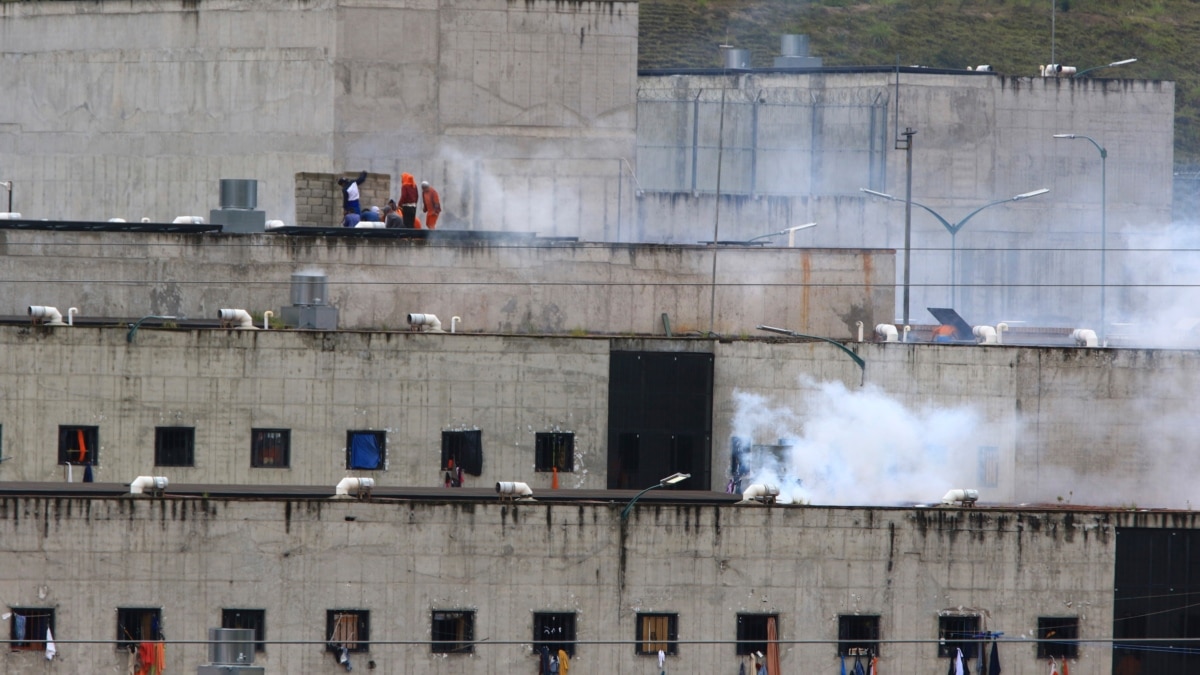After Uganda, Rwanda becomes the second African country to welcome Afghan refugees.
–
The only boarding school for girls in Afghanistan is moving its entire establishment of 250 people to settle in Rwanda, official sources said on Tuesday.
The news was first announced through a tweet from Shabana Basij-Rasikh, president and co-founder of the Afghanistan Leadership School (SOLA). It was then confirmed on the Rwandan side.
It was last week that all students, teachers, supervisory staff and family members affiliated with the school had left Kabul, after the capture of the Afghan capital by the Taliban.
Their stay in Rwanda should initially last one semester, said the co-founder of the establishment.
She added that all of the evacuees are already on their way to Rwanda after passing through Qatar.
“So many people played a key role in our departure, and while I cannot thank you all here, I would like to publicly express my gratitude to the governments of Qatar, Rwanda and the United States for their essential assistance.”, wrote Ms. Basij-Rasikh.
“When circumstances on the ground allow, we hope to return home to Afghanistan. For now, I ask for confidentiality for our community.”, she added.
For its part, the Rwandan education ministry said Rwanda is eager to welcome these refugees.
Rwanda, with its 13 million inhabitants, is already home to at least two refugee camps, according to the UN Women agency. It is one of the most acclaimed countries in the world for the empowerment of women and their inclusion at the highest levels of leadership.
At least two African countries as host lands
Globally, Rwanda is one of 13 countries which, according to the US State Department, have agreed to temporarily host evacuated Afghans. Ugandan authorities announced on Sunday that 145 Afghan refugees would settle in Uganda.
It is not yet known how many African countries in total have offered to host Afghan refugees or have been invited to do so.
According to the White House, 42,000 people have been exfiltrated from Afghanistan since July.
Article written by Edward Rwema. Translated and adapted from English by VOA Afrique.
– .


